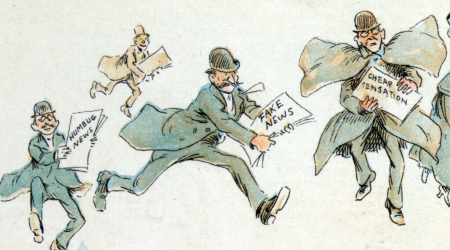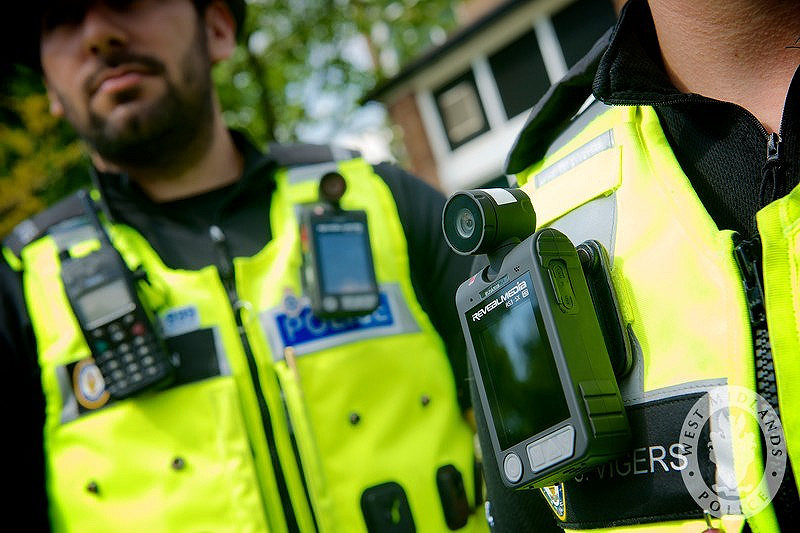Is Your Company’s Product Being Used for Evil?

The Blimp of Giza
May 18, 2018
Use Your Smart Phone to Check Your Blood Pressure
June 1, 2018Is Your Company’s Product Being Used for Evil?

Twitter, Facebook, and Google (lumped together in this article as TFG) have been taking a lot of heat lately for their alleged role in bullying, fake news, impacting the US elections, recruiting terrorists, and other allegedly nefarious evil-doings.
Why are they getting all the blame?
A recent article (here) states that TFG have tens of thousands of workers whose sole job is to police the content people post on their platforms. From a business perspective, that’s a serious drain on companies’ profitability.
In trying to understand this, I looked at other products and services in use today. Take, for example, an automobile. It has been used for years in bank robberies, kidnappings, drug deals, and lately, mass killings. But nobody is holding the automakers at fault for illegal use of their product.
Automakers do not have tens of thousands of employees out policing the proper use of their vehicles; that’s the responsibility of law enforcement agencies. Police do not monitor bumper stickers for fake news, any signs on the cars attempting to influence the elections, or window stickers promoting guns.
In the case of bullying, fake news, etc., that content is not illegal, at least not until it involves harassment and defamation. (Don’t quote me on this; I’m not an attorney.) But TFG are being pressured into doing something about it.
What about computers and smart phones that access the TFG platforms? Why aren’t Dell, HP, Samsung, and Apple being pressured to police how their products are used to compose and distribute such undesirable content? Should Microsoft be held accountable for how Word is used? Should Microsoft be watching what you’re writing to make sure you’re not writing anything illegal or offensive? No!
Thirty years ago, email was a cool novelty. It eventually got to be dangerous and was used to spread viruses, spam accounts, and phish for information. But AOL, Hotmail, Lycos, Yahoo, and other early mail providers weren’t held accountable for the content on their platforms. Over time, they – and new email providers – developed technology to scan, quarantine, and mark infected and spam emails.
A big problem/annoyance today is telemarketing. In spite of the Do Not Call list and the Telephone Consumer Protection Act (TCPA), I still get phone calls from Rachel of credit card services telling me they’ve been monitoring my account; and that this is my final notification. Each time I mutter that I wish it really was my final notification and that they really would quit calling me. Despite this, landline and wireless phone companies are not held accountable for content transmitted via their platforms.
With email and phones, laws go after the perpetrator, the spammer, the telemarketer, not the phone manufacturer or phone service providers. So why is everybody blaming TFG?
What’s the answer to all this? What can be done?
In looking at the automobile and email examples, I can see a few things. Have appropriate laws in place. Build technology as best as technically feasible. And go after the users of the platform, not the company providing the platform.
(Twitter recently announced a new technological enhancement in this battle: hiding suspected fraudulent accounts.)
There is another lesson in the automotive realm: one cannot (legally) obtain a car anonymously. If the police find, have video or pictures of, a car used in a bank robbery, they can use the license plate number, the VIN, the make/model, and other details about the car to identify and locate the alleged perpetrator.
Maybe it should be more difficult to anonymously create email and social media accounts. Not that the whole world needs to know who owns that account, but, given the username or handle, the police can look up who the real person is that owns that account.
And hopefully Twitter, Facebook, Google, and other companies won’t have to employ tens of thousands of employees just to police the evil use of their own products.

